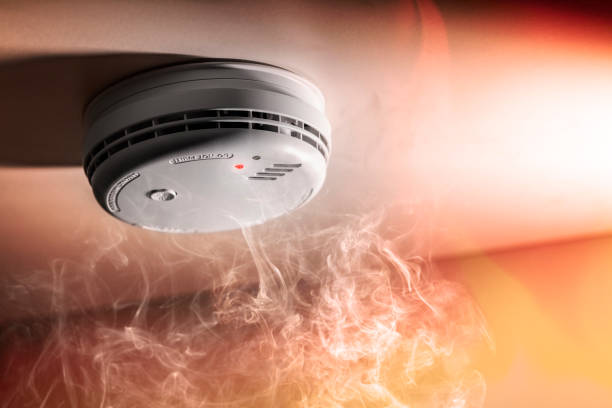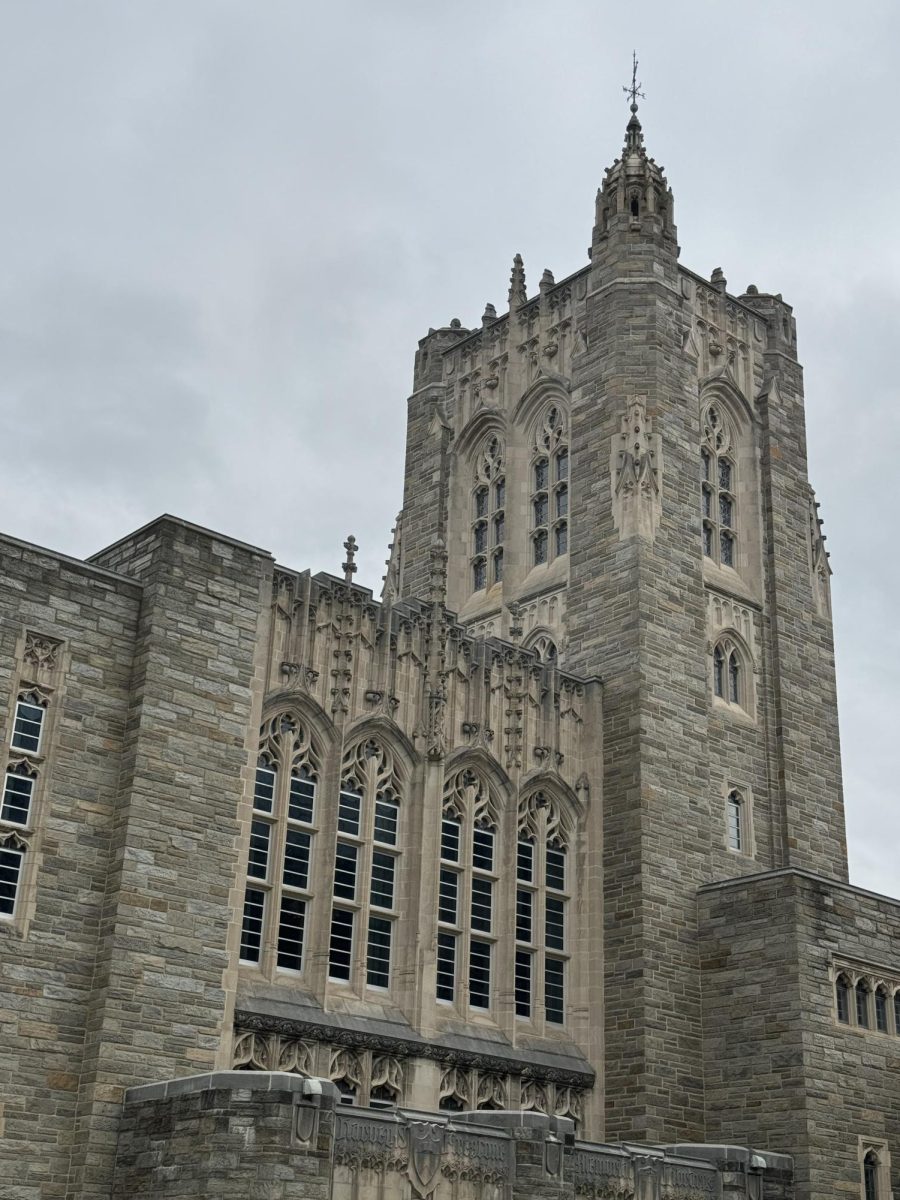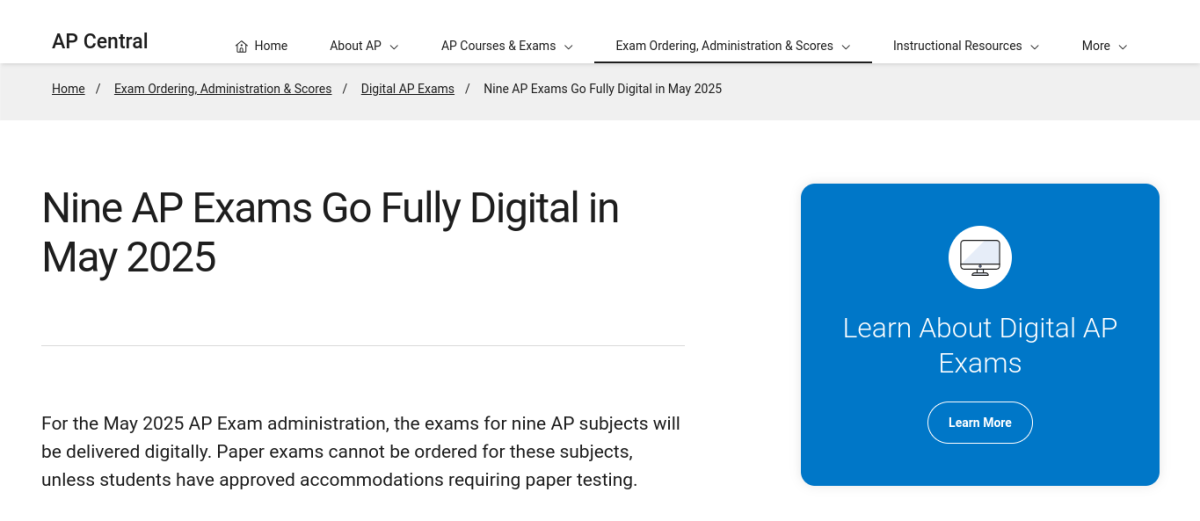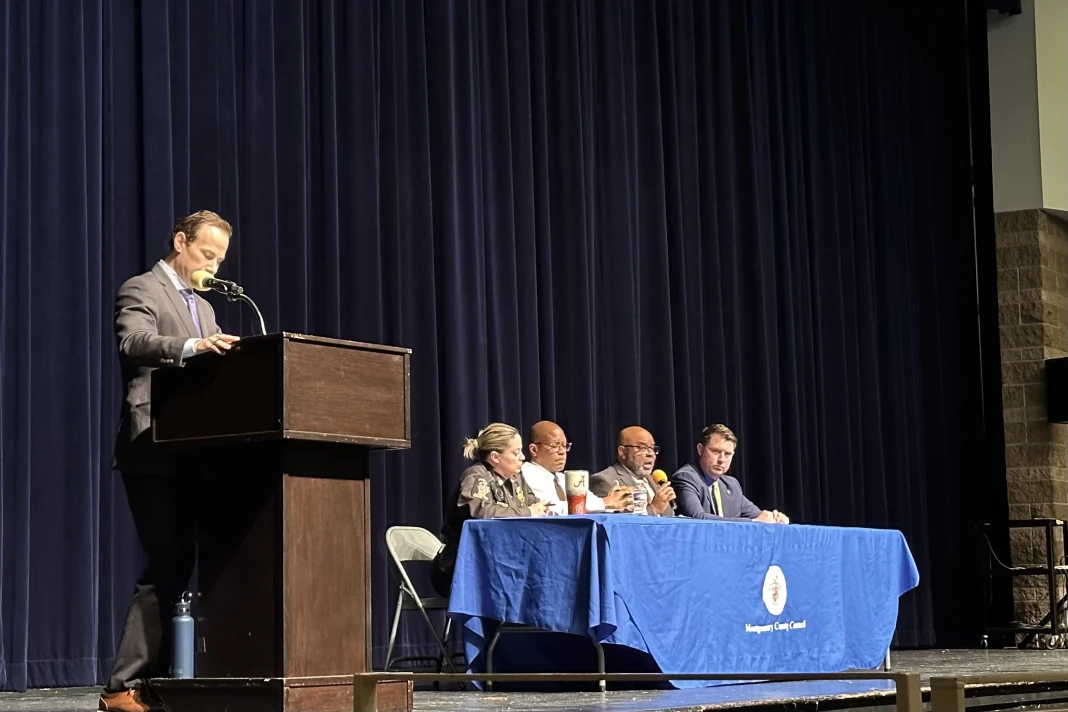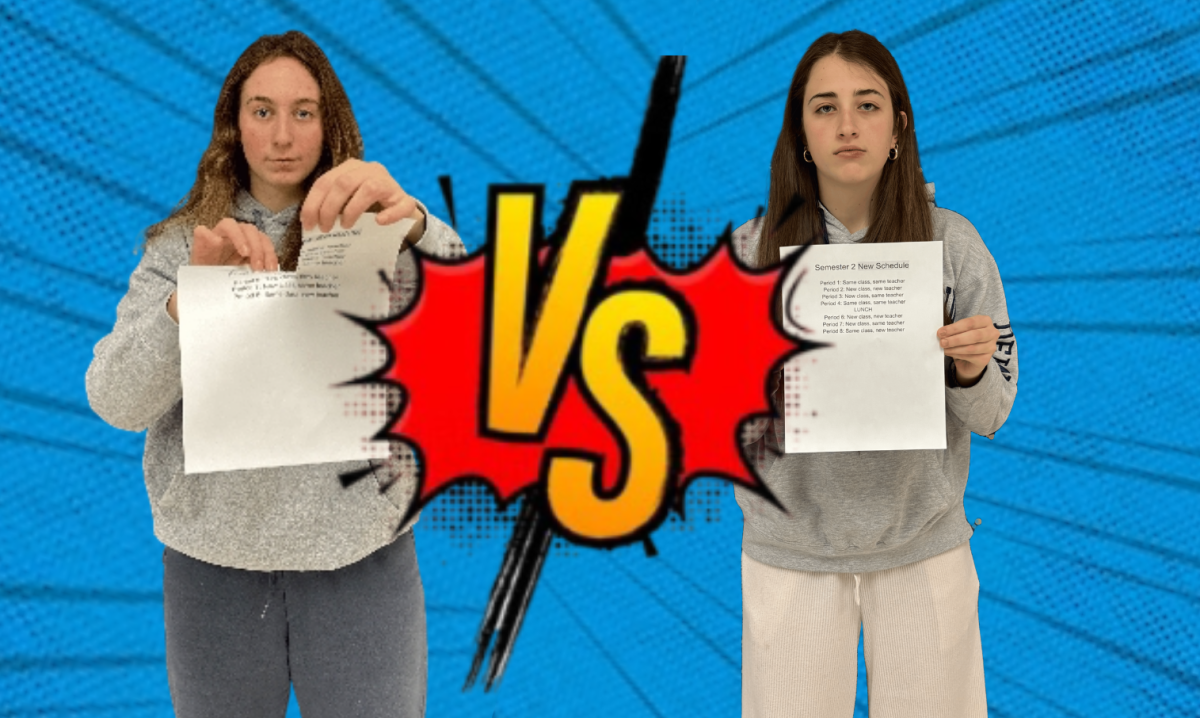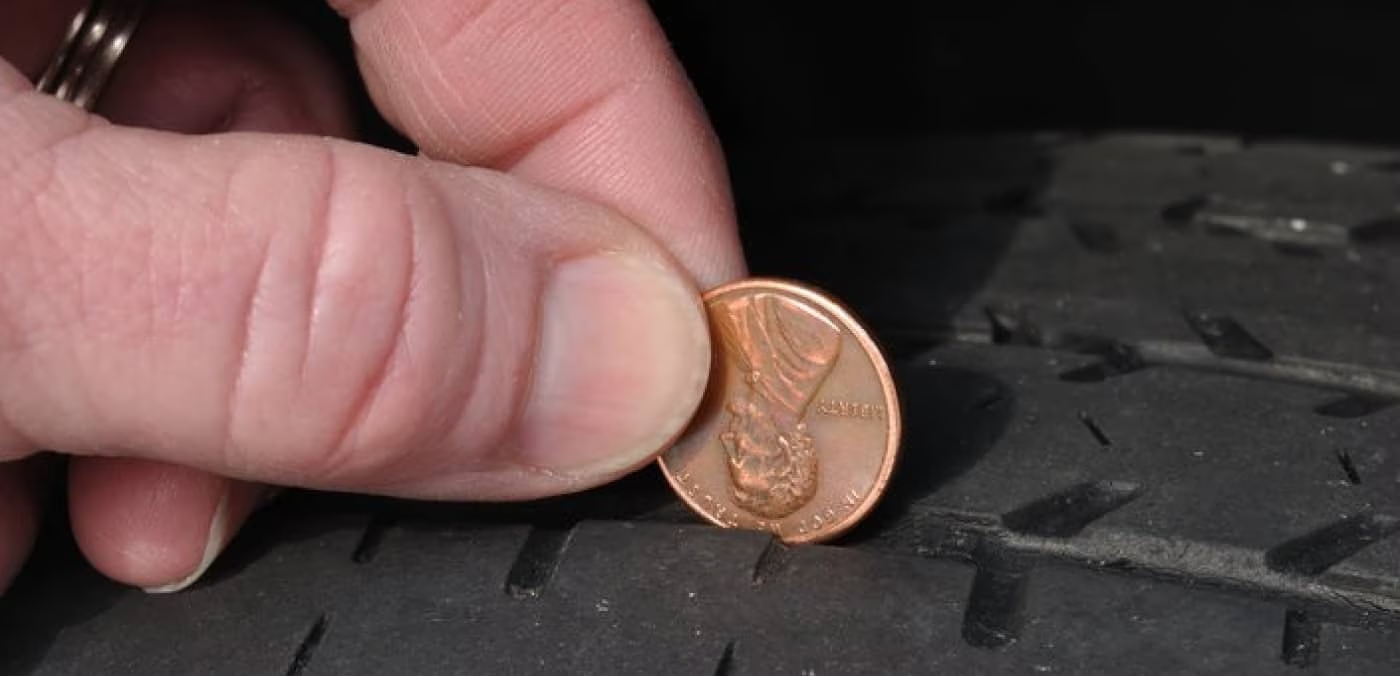The CHS administration and social studies department are considering eliminating on-level U.S. History for the 2012-2013 school year. This pending decision is largely justified as a method of accomplishing goals established by the School Improvement Plan (SIP), a yearly report developed by administrators and teachers with parental input. The 2011-2012 report emphasized increasing the number of students who take an AP and receive a score of at least three on the exam.
While the motivation behind the change is admirable, its effects would do more harm than good. The elimination of on-level U.S. History would dilute the meaning of both the honors and AP U.S. History classes and put students into classes they may not be ready to handle. The reality is that some students’ strengths are not in social studies; there is nothing wrong with that, and they should not be forced into honors classes just to boost enrollment numbers for the SIP.
According to social studies resource teacher Rodney Van Tassell, the honors class will remain just as rigorous as before the change, and all students will be expected to take the honors exam.
The department hopes to accomplish this goal by providing extra help for those who need it and by matching the weakest students with the strongest teachers.
The number of on-level U.S. History classes available has steadily dropped as more and more students have taken honors. In 2006, just five years ago, there were 10 classes of on-level U.S. History, now there are just four.
Still, on-level classes should not be eliminated. Rather, the classes themselves should be strengthened. Many teachers enjoy teaching on-level classes, and their work should be admired and respected. CHS would better serve its students by promoting on-level classes with academically focused and controlled environments rather than attempting to force all students up to an honors level.
In addition to the possibility of some students being in honors classes they may not be able to handle, eliminating on-level U.S. History would also increase pressure on honors level students to move up to AP U.S. History. A mandatory honors course may make students who would normally feel proud of taking an honors course feel less accomplished. Once honors becomes the least demanding class available, AP would become the new honors, and honors would become the new on-level.
A decision to eliminate an on-level class is particularly puzzling when one considers the administration and the PTSA’s decision to promote the movie The Race to Nowhere, a documentary on students’ increasing stress levels, at the beginning of the year to teachers and parents. How can CHS be emphasizing to parents the importance of reducing the pressures on students while also eliminating an on-level option for incoming freshmen and pushing them to take college-level classes?
The ultimate objective of this move is to better prepare students for the next level of education—whether it be an honors or an AP class. This is a great goal, yet removing on-level classes does not adequately serve the student body as a whole; it creates an unhealthy stigma on on-level instruction. Many students may not be able to handle an honors history class their freshman year of high school, and many of the students who would normally take honors will feel pressured because they are taking the lowest level of the course.
Teaching is not just about pushing students to achieve higher levels of success, it is also about helping those who struggle or those who choose to put their energy into other courses. Despite the very competitive nature of CHS, it is important not to hurt those who need the most help. There is nothing wrong with being “regular.”




